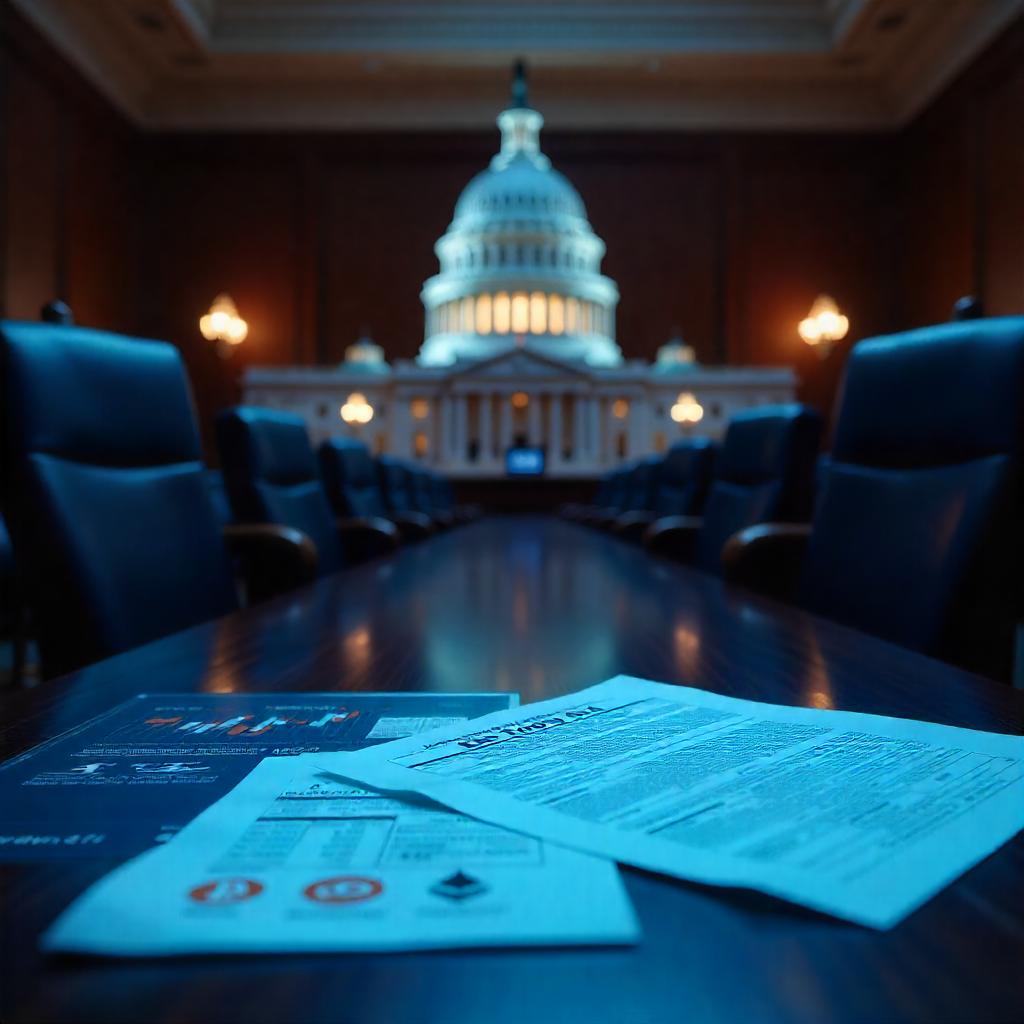The rise of real-world asset (RWA) tokenization is reshaping how we think about value, ownership, and access to financial markets. In Latin America, where economic fragmentation and access to capital have long been barriers, the tokenization of assets like real estate, commodities, and private equity represents more than just innovation—it signals a new era of financial inclusivity. Blockchain Rio 2025 is emerging as a key milestone in this evolution, positioning Brazil and the broader region at the center of a global transformation.
Understanding Real-World Asset (RWA) Tokenization
RWA tokenization is the process of converting ownership rights in real-world physical or financial assets into blockchain-based digital tokens. These tokens can represent shares in real estate, commodities, equities, art, intellectual property, and more. The goal is to make these assets more liquid, accessible, and transparent.
In Latin America, the implications are especially profound. Tokenized assets can bypass legacy systems and offer democratized access to wealth-building tools. For example, an agricultural producer in Argentina or a real estate developer in Brazil can tokenize part of their property to raise capital without relying on traditional banks.
Moreover, tokenization introduces new efficiencies. Smart contracts automate settlement, ownership transfers are verifiable on-chain, and tokens can be traded 24/7 globally. This is critical in a region often limited by regulatory delays and fragmented financial services.
Blockchain Rio 2025: A Platform for RWA Tokenization
Blockchain Rio 2025 is designed to be more than just another tech conference—it is the premier gathering for blockchain innovators, investors, and policymakers in Latin America. Scheduled to take place in Rio de Janeiro, the event is expected to spotlight use cases and build alignment around RWA tokenization across multiple sectors.
Rio’s strategic role in hosting this event is no accident. Brazil has already taken major strides in tokenization regulation and adoption. From launching a regulatory sandbox to supporting tokenized government bonds, the country has shown a commitment to blockchain-backed modernization. Blockchain Rio will amplify this by offering a platform for startups, public entities, and financial institutions to connect.
Sessions at the event are expected to focus on RWA applications in agriculture, energy, real estate, and climate finance—areas where Latin America has rich resources but often limited access to global capital. The conference will also spotlight Brazil’s Central Bank Digital Currency (CBDC) project, Drex, which complements the tokenization landscape by providing programmable liquidity rails.
Notable Participants and Initiatives
Blockchain Rio 2025 will host a diverse set of stakeholders. These include high-profile crypto-native firms, regulatory agencies, venture funds, and asset tokenization startups. Among them is LIQI, a Brazilian fintech that has already tokenized over $500 million in assets and aims to launch a $1 billion RWA platform by 2026. Also present will be Agrotoken, a pioneer in agricultural commodity tokenization in Argentina, Brazil, and Paraguay.
The conference will highlight collaborations between government and private sector players. For instance, Brazil’s Securities and Exchange Commission (CVM) and Central Bank will offer keynotes and panels. Their presence reflects growing state interest in enabling tokenization within compliant frameworks. Cross-border discussions will include participation from Latin American development banks and blockchain think tanks.
One of the most anticipated showcases is the integration of RWAs into decentralized finance (DeFi) platforms. Startups are working on bringing tokenized real estate, invoices, and bonds into liquidity pools, enabling yield strategies and broader retail participation. This points to a future where RWA tokens are not only investment vehicles but also collateral and income-generating assets.
Regulatory Landscape in Latin America
The regulatory environment in Latin America is evolving to support RWA tokenization. Brazil is leading the way with comprehensive digital asset legislation passed in 2023 and the operationalization of Drex. The country’s CVM has issued clear guidance on tokenized securities, opening the door for banks and asset managers to participate.
Mexico and Chile are close behind, with sandbox programs and active consultations with industry stakeholders. In Colombia, the Financial Superintendence is piloting tokenization projects in collaboration with local fintechs. Argentina, despite political uncertainty, has seen provincial governments and private players push forward with tokenized bonds and agriculture-linked assets.
However, challenges remain. Fragmented policy across countries limits cross-border scalability. Varying definitions of digital assets and outdated capital market rules can slow innovation. Blockchain Rio 2025 is poised to address these hurdles by fostering pan-regional collaboration and creating a knowledge-sharing environment for lawmakers and builders alike.
Future Outlook for RWA Tokenization in Latin America
The outlook for RWA tokenization in Latin America looks compelling and ripe for growth. The tokenization market is projected to expand from USD 387 million in 2024 to USD 1.64 billion by 2030, growing at a CAGR of 22.7%. Brazil alone is expected to increase from USD 98.5 million to USD 392 million by 2030, with a CAGR of 21.7%.
RWA tokenization enables fractional ownership, liquidity, and global access. In Latin America, high unbanked rates and limited capital access make these features particularly transformative. A Mastercard–Ava Labs white paper highlights its potential to improve efficiencies, reduce costs, and democratize investment. CoinMarketCap and World Economic Magazine reinforce tokenization’s role in building inclusion and trust through transparency, faster settlement, and lower barriers to entry.
Experts forecast massive scale. Industry estimates vary widely—from $4 trillion to $30 trillion in tokenized assets globally by 2030. RWA projections range between $10 trillion and $16 trillion in market size. On Reddit, analysts warn the RWA wave is just beginning—with tokenization drawing institutional interest from BlackRock and others.
Locally, initiatives in agriculture, mining, and real estate are gaining traction. Argentina is pioneering tokenized lithium and real estate through regulatory sandbox environments. Startups like Expedit Capital and Agrotoken are enabling tokenization of farmland, commodities, and luxury assets, offering credit and access to new funding channels for small investors and producers.
The region’s future will hinge on collaboration between regulators, financial institutions, and innovators. Brazil leads in legal structure and adoption, while Mexico, Chile, and Colombia are developing their own frameworks. Pan-Latin American coalitions and initiatives like Blockchain RIO 2025 will foster alignment, propel use cases, and build investor confidence.
In summary, RWA tokenization in Latin America will grow rapidly from 2025 onward. As infrastructure solidifies and regulatory clarity improves, tokenization will empower broader participation in assets like real estate, commodities, and securities. That shift has the potential to reshape finance—making it more inclusive, transparent, and efficient across Latin America.
Blockchain Rio 2025: A Platform for RWA Tokenization
Blockchain RIO 2025 stands as a defining moment for RWA tokenization in Latin America. This summit brings together regulators, developers, and innovators to accelerate real-world asset tokenization across real estate, agriculture, commodities, and more. It highlights Brazil’s regulatory leadership and introduces pioneering initiatives like LIQI’s $500 million RWA program and Agrotoken’s agricultural tokenization.
As Latin America embraces digital transformation, tokenization offers tangible benefits: liquidity, fractional ownership, transparency, and global accessibility. Brazil leads, with Mexico, Chile, and Colombia building supportive frameworks. Coalition events and education programs will bridge gaps and inspire adoption.
With projected tokenization markets reaching trillions by 2030, the region is on track for unprecedented financial inclusion and innovation. Blockchain RIO 2025 will be the catalyst, shining attention on RWA tokenization and laying foundations for a more inclusive, efficient, and digitally driven economy.
Attendees should seize this opportunity: network, learn, and build. The future of finance in Latin America depends on events like this—and your participation could shape that future.





